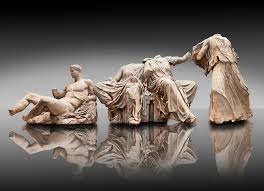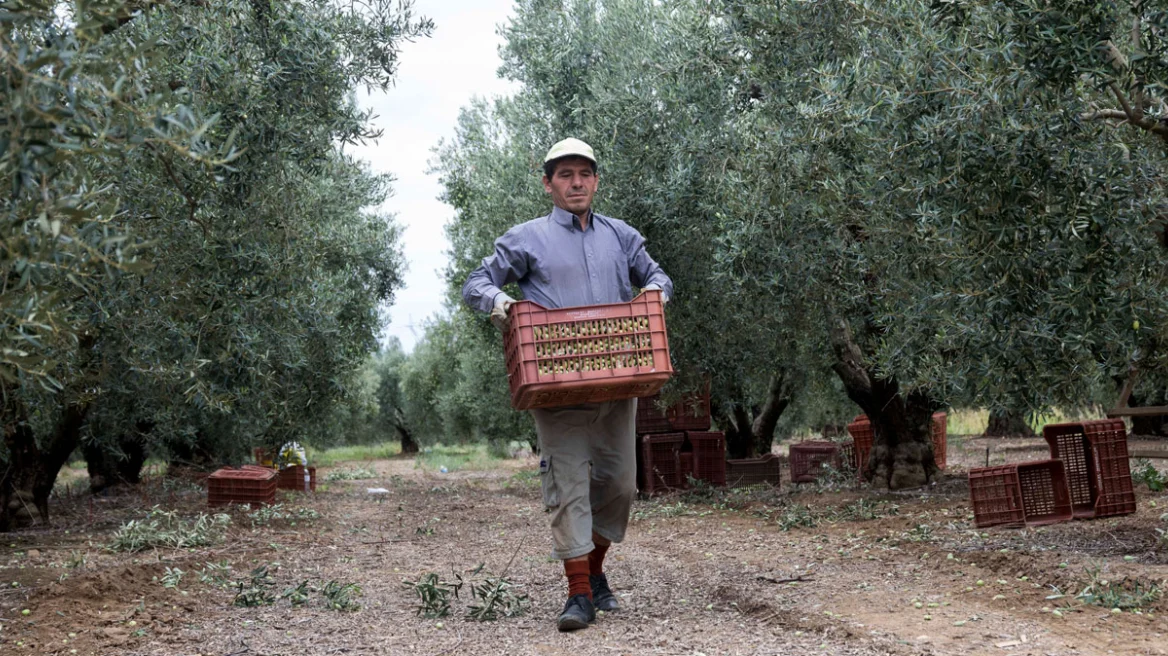The British Museum has rejected, albeit in a polite manner, an offer for UNESCO mediation vis-a-vis the Parthenon Marbles and underlined that it is not a government body, and that the marbles do not belong to the British government.
In a letter dated March 26, 2015, the museum’s trustees claimed they are retaining the friezes — sliced off the Parthenon by the notorious Lord Elgin — for British people … for the benefit of the world’s public, present and future.
The letter also cited trustees’ “honest respect for the organization” but also “the already good relationships with colleagues and institutions of Greece”,
Here’s the British Museum’s very “long-winded” response, signed by the chairman of the British Museum board of trustees, Sir Richard Lambert:
“I write on behalf of the Trustees of the British Museum, who at their meeting of 19th March 2015 considered the request put forward by the Greek Government that they should enter into a process of mediation, facilitated by UNESCO, on the subject of the Parthenon Sculptures in the British Museum. After full and careful consideration, we have decided respectfully to decline this request. We believe that the more constructive way forward, on which we have already embarked, is to collaborate directly with other museums and cultural institutions, not just in Greece but across the world.
The British Museum admires and supports the work of UNESCO, fully acknowledging the importance of its unique ability, as an intergovernmental agency, to address the serious issue of the threats to, and the destruction of, cultural heritage around the world. The Museum has a long history of collaboration with UNESCO, notably in Iraq in 2003-5, and is currently engaged with UNESCO in formulating responses to the crisis in Syria, including the illicit trafficking of antiquities. The Museum would wish always to align itself with UNESCO’s purposes in the preservation and safeguarding of the world’s endangered cultural heritage. However, the surviving Parthenon Sculptures, carefully preserved in a number of European museums, clearly do not fall into this category.
The British Museum, as you know, is not a government body, and the collections do not belong to the British Government. The Trustees of the British Museum hold them not only for the British people, but for the benefit of the world public, present and future. The Trustees have a legal and moral responsibility to preserve and maintain all the collections in their care, to treat them as inalienable and to make them accessible to world audiences.
In pursuit of this aim, the Trustees would want to develop existing good relations with colleagues and institutions in Greece, and to explore collaborative ventures, not on a government-to-government basis but directly between institutions. This is why we believe that UNESCO involvement is not the best way forward. Museums holding Greek works, whether in Greece, the UK or elsewhere in the world, are naturally united in a shared endeavour to show the importance of the legacy of ancient Greece. The British Museum is committed to playing its full part in sharing the value of that legacy for all humanity.
The potential of this approach can be seen in the British Museum’s current special exhibition Defining Beauty, the Body in Ancient Greek Art, which opened to the public today. Here some of the Parthenon Sculptures are displayed with other works that similarly show the intense humanism of ancient Greek civilisation, including masterpieces generously lent by museums around the world. Nowhere else in the world is it now, or has it ever been, possible to see these objects together. The aesthetic impact is considerable, and the intellectual content compelling. This seems to us to point the way forward, as an example of the great public benefit that arises from museums internationally using and sharing their collections in this way.
Ask me anything
Explore related questions





